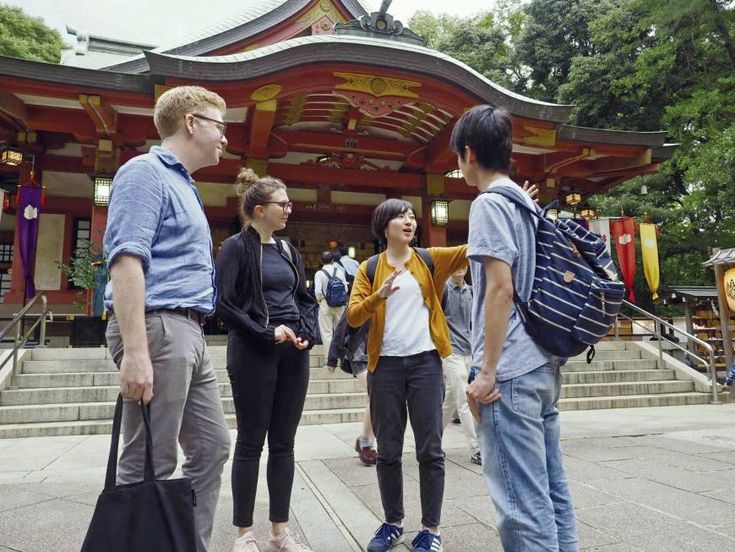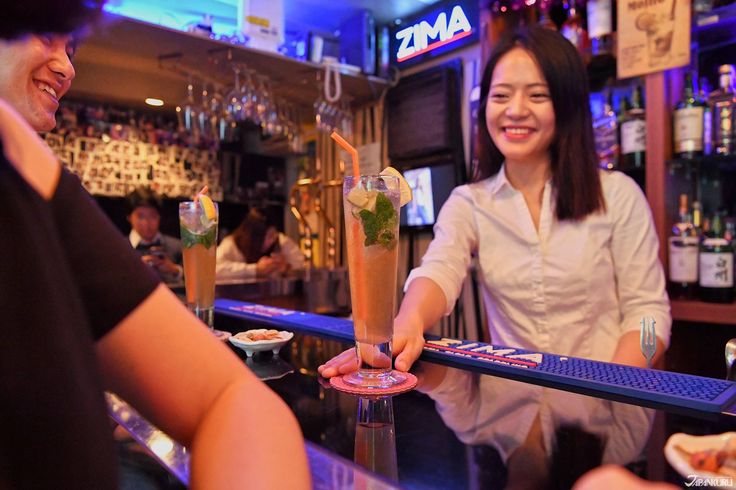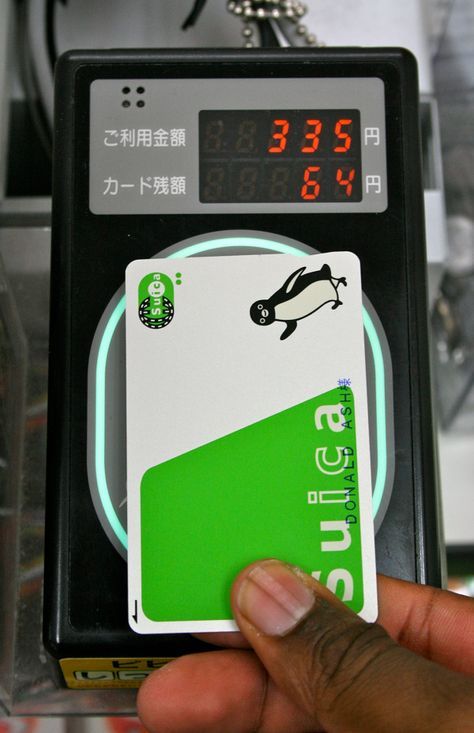Japan consistently ranks as one of the safest countries in the world, a reputation well-earned through remarkably low crime rates and a societal trust that often astounds visitors. YouTuber Chris Broad, host of the popular channel “Abroad in Japan,” recently delved into this topic, balancing the nation’s celebrated safety with a crucial look at the scams that can, and do, target unsuspecting tourists.
The Lull of Safety
Broad opens by acknowledging the pervasive image of Japan as a crime-free utopia. He humorously laments the “despair” of rising “Famichiki” (Family Mart fried chicken) prices as the real crime, before presenting compelling statistics. Indeed, Japan boasts some of the lowest rates of violent crime and theft globally, with 2022 marking a postwar low for reported crimes for the seventh consecutive year.

This sense of security is palpable in everyday life. Broad notes how people commonly leave valuables unattended in cafes or even their front doors unlocked – acts of faith that seem almost reckless to those from less trusting societies. Unmanned roadside stands selling produce based on an honor system further paint a picture of idyllic safety.
However, Broad cautions against complacency. The existence of women-only train carriages points to underlying issues like groping, and high-profile incidents like the Kyoto Animation arson attack and the assassination of former Prime Minister Shinzo Abe serve as stark reminders that serious crime, though rare, is not absent. He even throws in a bizarre, yet real, recent news story about wild monkeys attacking over 60 people in Yamaguchi prefecture, quipping it was “like something out of 28 Days Later.”
The Sting in the Neon: Scam No.1 – The Bar/Drink Scam
Despite the overall safety, Broad highlights that the very atmosphere of trust can make tourists vulnerable. He dedicates a significant portion of the video to the most notorious tourist trap: the bar scam, primarily prevalent in Tokyo’s bustling nightlife districts like Kabukicho (Shinjuku), Roppongi, and to a lesser extent, Ueno and Shibuya.

The scam typically unfolds as follows:
-
The Approach: Friendly “touts” (often non-Japanese, frequently Nigerian, according to Broad and viewer experiences) approach tourists on the street, offering enticing deals like “free drinks” or “all you can drink for a low price.”
-
The Lure: The touts are engaging and persistent, leveraging the tourist’s desire for a good time and a local experience.
-
The Hidden Bar: Victims are led to an inconspicuous bar, often several floors up in a nondescript building.
-
The Spiked Drinks & The Bill: Once inside, drinks are served. Broad shares a harrowing story from a viewer named Laura, who, along with her husband on their honeymoon, accepted an invitation to a karaoke bar. After a few drinks and some karaoke, they blacked out. Their drinks had almost certainly been spiked with sedatives or sleeping tablets.
-
Extortion: Upon regaining consciousness (or when the bill arrives for those not drugged), victims are presented with an astronomically inflated bill – often hundreds, if not thousands, of dollars. Laura and her husband found over $6,000 charged to their various cards.
-
Intimidation & Theft: Refusal to pay is met with intimidation. Staff may block exits, and in Laura’s case, they suspect staff rifled through their wallets, swiping cards and putting them in the wrong purses to confuse them later. In some instances, victims are frog-marched to an ATM if they claim to have no cash.
Broad emphasizes the police are often unhelpful in these situations, viewing it as a civil matter or an “authorized transaction” if a card was used, even under duress or when drugged. Laura’s bank was similarly uncooperative.
The Golden Rule: “Never, ever, ever follow one of the touts into a bar.”
Beware the “Party” Invitation: Scam No.2 – Cult Recruitment
The second scam Broad discusses is less financially devastating but equally insidious: cult recruitment. These groups often target foreigners in public spaces.
-
The Friendly Approach: Similar to the bar scam, individuals (often polite, well-dressed women) will strike up a friendly conversation, perhaps in a park or near a train station.
-
The Invitation: They might invite the tourist to a “party,” a “cultural exchange,” or a “religious meeting.” Broad shares his own experience cycling in rural Niigata, where a middle-aged woman repeatedly stopped him, offering biscuits and inviting him to a “party.”
-
The Reveal: Eventually, the true nature is revealed. In Broad’s rural encounter, the woman eventually tried to give him a pamphlet for “The Totally Legit Church of Buddhism.” Another viewer, Andrew, was approached by two women at Tokyo Station who, after some friendly chat, took him by train to a nondescript office building for a “Buddhist prayer meeting.” He was coerced into signing membership documents for what turned out to be a pyramid scheme, with the women getting “promoted” for recruiting him.
While the financial loss might be smaller (or non-existent if one refuses to pay membership fees), the experience can be unsettling and a waste of precious holiday time.
Staying Safe: Awareness is Key

Broad concludes that while Japan remains incredibly safe for the most part, these scams specifically target the trusting nature of tourists. His advice is clear:
-
Be Wary of Touts: Especially in known nightlife areas, politely but firmly decline any offers from street touts.
-
Research Venues: If you want to experience nightlife, research reputable bars beforehand.
-
Trust Your Gut: If a situation feels off or an invitation seems too good to be true, it probably is.
-
Don’t Be Lulled by General Safety: While it’s wonderful to relax in Japan’s safe environment, maintain a degree of situational awareness, especially in crowded or tourist-heavy areas.
The video, while exposing these unfortunate realities, ultimately reinforces that Japan is a fantastic and secure destination. By being aware of these specific pitfalls, tourists can ensure their “Japan Dreaming” doesn’t turn into a nightmare.

